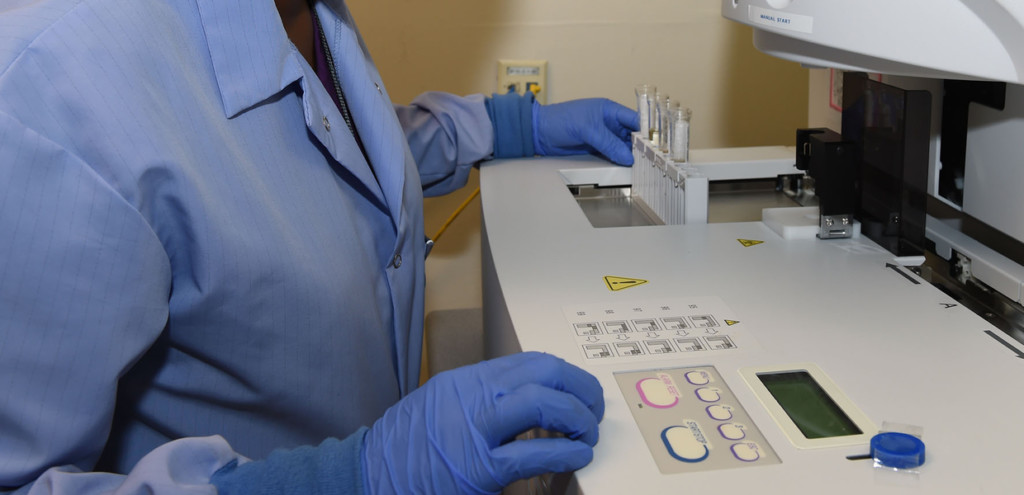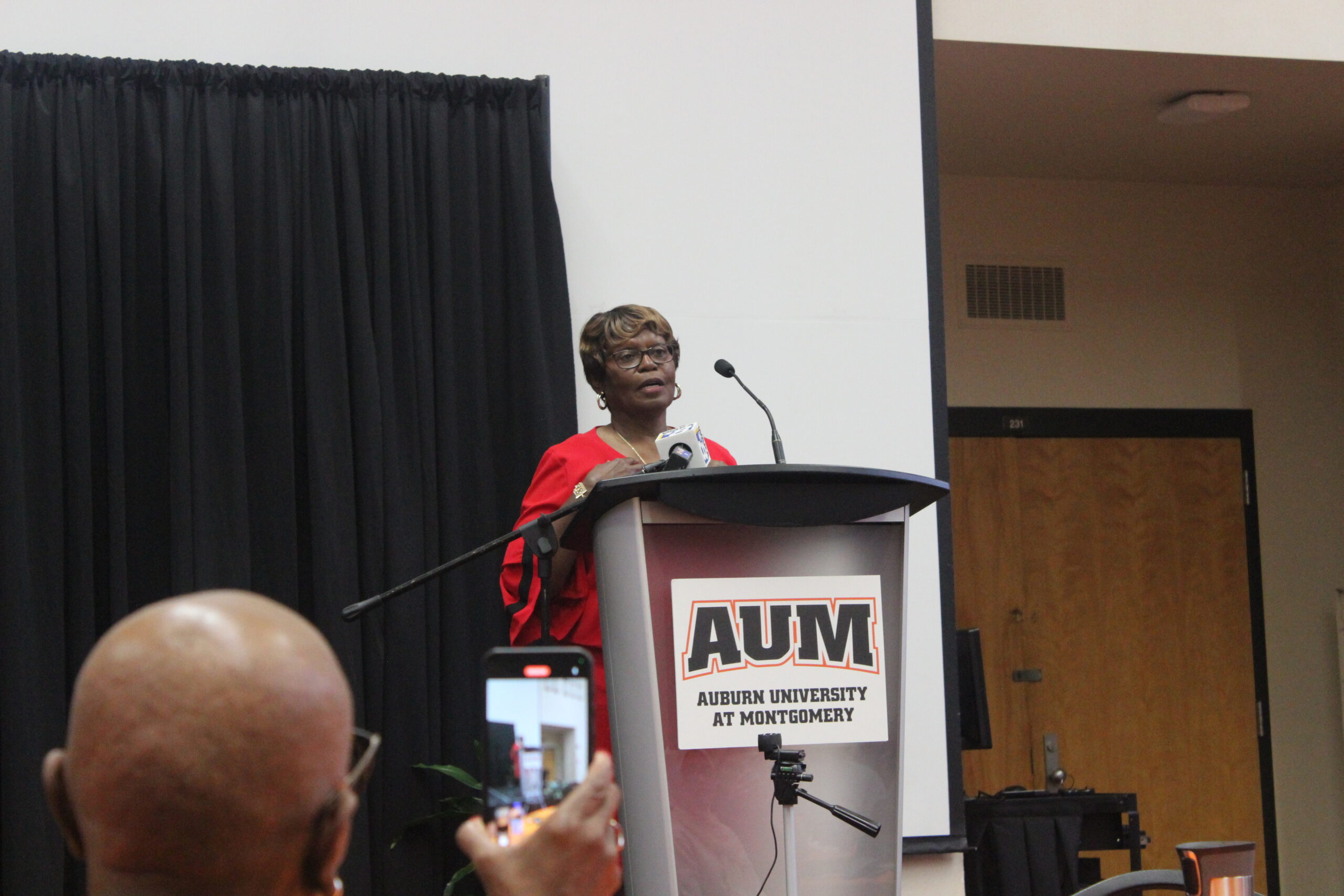
We all know Montgomery to be home to a rich history in the civil rights movement, Chris’s World Famous Hot Dogs, and people that took the world by storm such as Nat King Cole, Hank Williams Sr., Zelda Fitzgerald and the infamous Doe B. However, what most of us don’t know is that Montgomery has earned the title of home to something far less reputable. Since 2013, Montgomery has been labeled the most sexually diseased city in America. The fourth largest city in Alabama ranks far higher in reported cases of STDS – 4,388 as of the 2013 data – than bigger cities such as New Orleans, Baltimore, and Philadelphia, according to the Center for Disease Control and Prevention. In fact, “nearly one in fifty Montgomery residents has syphilis, gonorrhea or chlamydia,” according to the 2013 CDC data.

Why? It can’t be said for sure, but the top ten cities in terms of sexually transmitted diseases have many similarities that have raised eyebrows. For example, several of the ten are located near a prominent Air Force facility. In addition, there are an abundance of colleges surrounding most of these cities. A large factor can also be attributed to the poverty and education rates. “On average, residents in poorer communities are at greater risk to contract and transmit STDs because of substandard public education and transportation as well as smaller tax bases to pay for medical centers and physicians,” according to Lawrence Robey, Madison County’s health officer. It has been proven that the poorer counties suffer the most from ailments such as sexually transmitted diseases. There is often a lack of health care education programs in lower-income counties. Finally, these cities are mostly located in the South and are primarily rural, meaning that medical care is unfortunately not easily accessible to everyone.
The month of April is National STD Awareness month, so we should all take a moment to reflect on a disease that is dangerous and too often overlooked. With over 54,000 new cases of STDs reported daily and nearly 20 million yearly, we simply cannot keep looking the other way. While most of us were forced against our will to learn about STDs in high school health class, we should want to educate ourselves by choice in our adulthood because it can so easily affect the way we live our day to day lives. In addition, the basic information we learned in high school fails to mention some crucial information about STDs. For instance, diseases such as HPV and Herpes can be transmitted by something as simple as skin-to-skin contact. In addition, a person can collect a number of diseases simultaneously, due to the increased susceptibility to infection when the immune system is weakened.
In addition, there is a good chance that no symptoms will show. STDs can lie dormant for months, and even years, which delays the presence of warning signs. This being said, people can be infected for years and have no idea. How scary is that? In fact, “only about 25% of women and 50% of men” with chlamydia, the most commonly reported STD in the U.S., develop symptoms according to WebMD. More than that, “50% of all women with gonorrhea and 10% of men are without symptoms,” says the CDC. These diseases, left untreated, could cause unimaginable damage to a person’s reproductive tract. A person who has been suffering and not gotten help or who has shown no symptoms and not gotten screened could develop inflammatory disease or could struggle with having children as a result. In fact, a woman who has contracted a disease and never gotten treatment can suffer from really terrifying events in her pregnancy such as “scarring of the Fallopian tubes and pregnancy outside of the womb,” according to the CDC. In addition, syphilis can cause numbness, blindness, dementia, and paralysis. In the worst cases, whole body illness, organ damage and even death can occur.
While contracting a painful and life-altering disease is not on anyone’s to-do list, STDs happen and happen often. People who sleep around a lot are not the only ones who contradict the diseases. No one is immune to the wrath of a sexually transmitted disease. It only takes one person and one interaction with them to leave you with a disease. The good news, though, is that most STDs are typically bacterial and can be treated with antibiotics. “The biggest mistake I see people make is that they stop taking their antibiotics when their symptoms begin to fade,” says Katie Sanderson, Nurse Practitioner at Montgomery Women’s Health Associates. “To ensure that you heal properly and do not relapse, it is crucial to take all of the prescribed medicine despite how much better you are feeling.” While all diseases can be treated, not all of them can be cured. Herpes, for instance, stays in your blood stream forever. Medication can manage it and even prevent break outs from occurring but herpes never goes away.
If the thought of being stuck with something you do not want forever or any of the statistics mentioned scare you, and I sincerely hope that they do, know that there are ways to prevent STDs from becoming a major component of your life. Abstinence is the most effective, of course. Following abstinence is sexual monogamy, or limiting the number of partners. However, sexual monogamy is useless without participation from both partners. While barrier contraceptives such as latex condoms do not provide complete protection from any STD, they are effective in reducing the risk of contraction. Finally, “education and counseling are essential,” says Tom Miller, Chief Medical Officer for the Alabama Department of Public Health.
Lucky for you, me and every student at AUM, the Student Health Services on campus can answer any and all questions we may have. Located in Irma B. Moore Hall in Room 102, the clinic offers many useful services such as contraceptive counseling and screening for the unbeatable price of $5 with your student ID. Walk-ins are always welcome but appointments take priority. If you are interested in learning more about STDs, how to prevent them, or the services offered by AUM’s clinic, call (334)244-3281. In addition, the Montgomery County Health Department offers free screenings. This clinic is located on 3060 Mobile Highway and can be reached at (334)293-6400 during business hours. I urge you to get checked regularly even if you feel as if you are safe because if we don’t take care of our bodies, who will?
By Kalen Huggins




